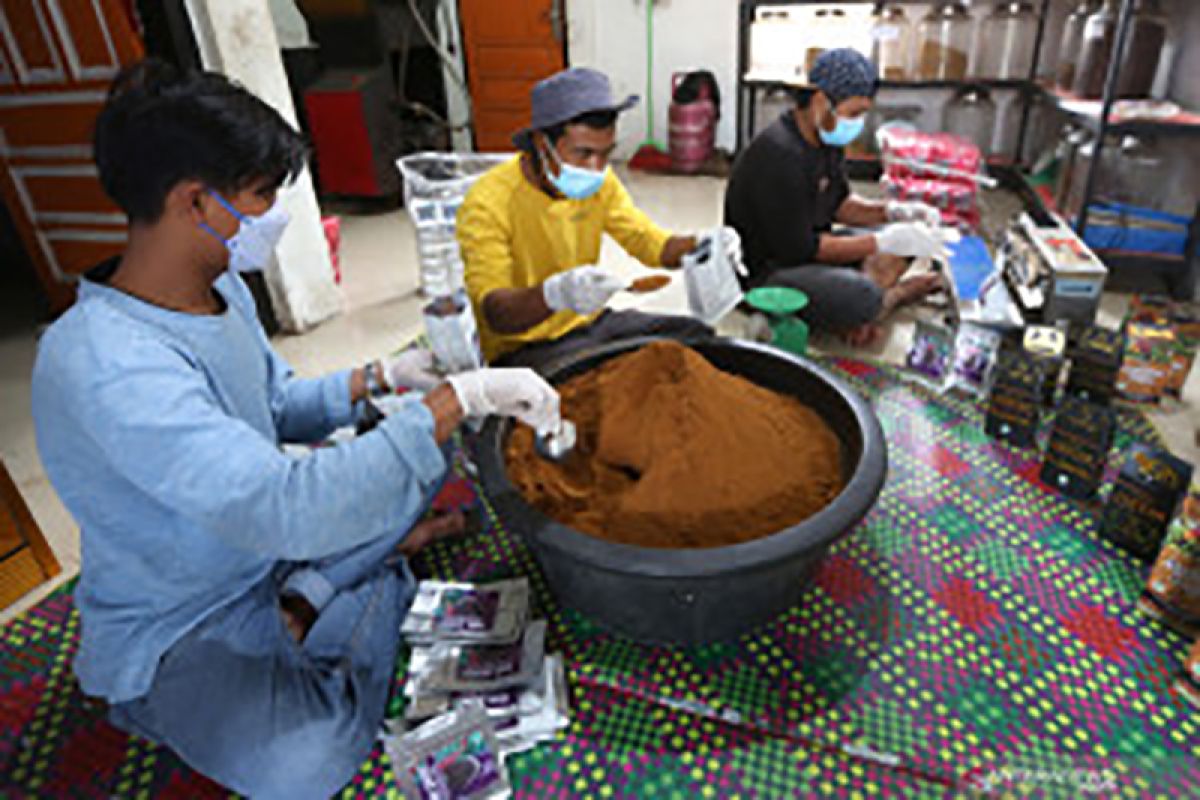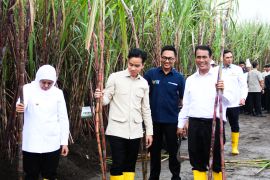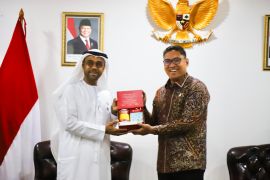There are more than 150 fostered organic villages throughout Indonesia...Jakarta (ANTARA) - The Agriculture Ministry has determined that processed organic products from Indonesia have the potential to dominate the global market since people have become more interested in consuming healthy food.
Based on this assessment, the Directorate General of Plantations of the ministry is striving to improve the competitiveness of plantation commodities so that they can enter the global market since the demand for the products is increasing, especially amid the pandemic.
"Plantation actors have also continued to generate various derivatives of various organic products," acting director general of plantations at the ministry Ali Jamil said in a statement issued here on Thursday.
The government is encouraging the development of organic plantation commodities made with eco-friendly production standards to meet the global market demand for quality, safe, and healthy plantation products, as well as to support the development of sustainable agriculture, he informed.
The huge potential of organic products in Indonesia is evident from the increasing number of processed organic plantation commodities from year to year.
It can also be seen from the increase in the number of organic product stores, the healthy lifestyle trend, the number of organic product enthusiasts associations, as well as the establishment of several Organic Certification Institutes.
"There are more than 150 fostered organic villages throughout Indonesia, which produce organic coffee, cocoa, black pepper, coconut oil, tea, vanilla, cashew nuts, palm sugar, as well as powdered palm sugar," the acting director general said.
According to official records, Indonesia has 17,948 organic commodity producers, with the total plantation area reaching 208 thousand hectares. Meanwhile, Indonesia's global organic market share is 0.4 percent.
Jamil said that according to data from the Organic Trade Association (OTA), Indonesia is one of the main producers of organic products besides India, Ethiopia, Tanzania, Uganda, and Peru. Meanwhile, the largest importers of the products are the United States, Germany, and France.
Related news: Local soybeans more nutritious and organic than imported ones
Related news: SOEs Minister voices support for program to boost agricultural jobs
Related news: Gov't increases food production through food estate area development
Translator: Royke Sinaga, Uyu Liman
Editor: Sri Haryati
Copyright © ANTARA 2022












